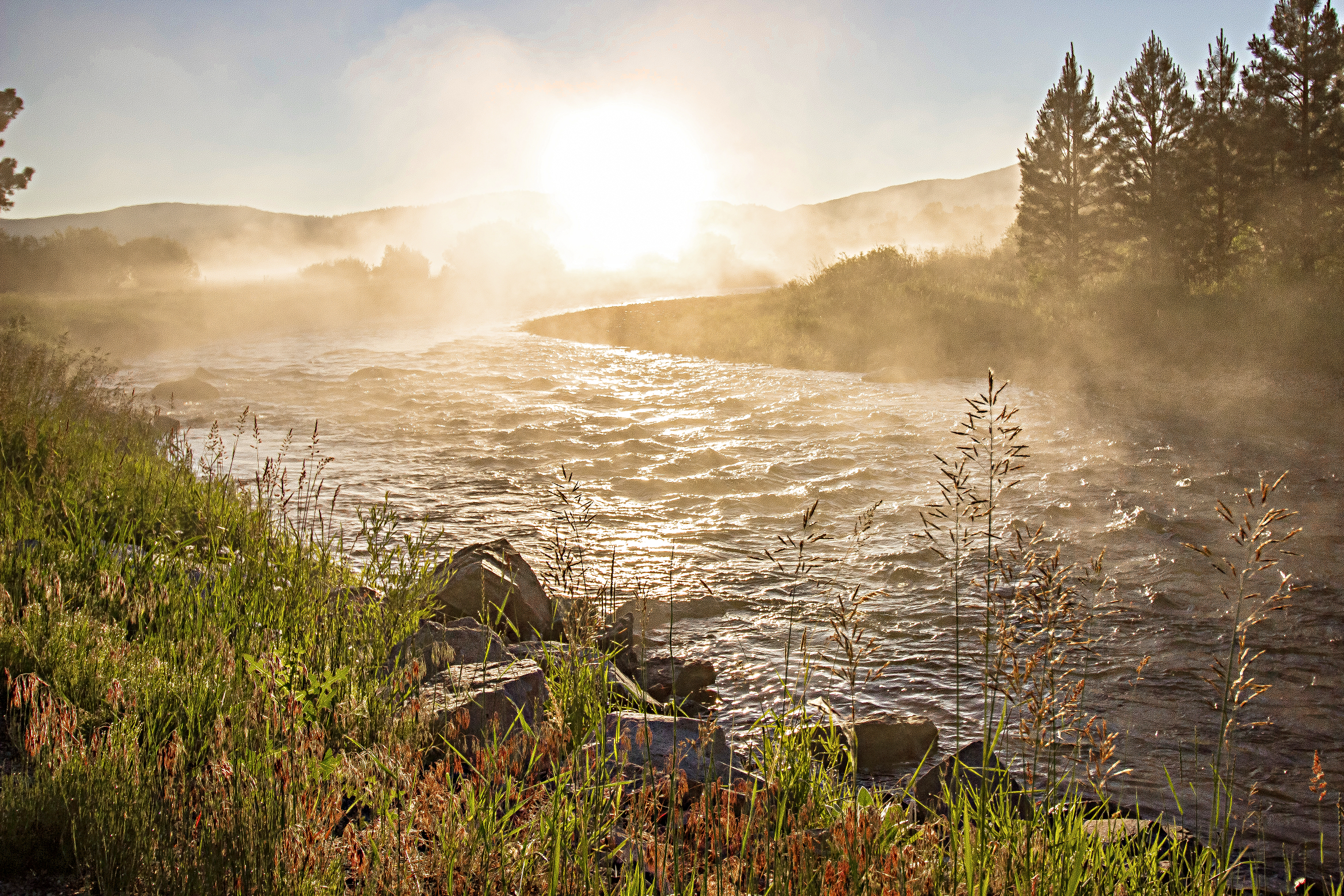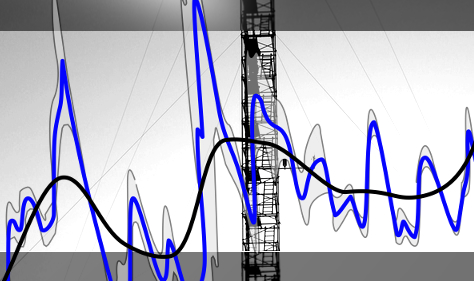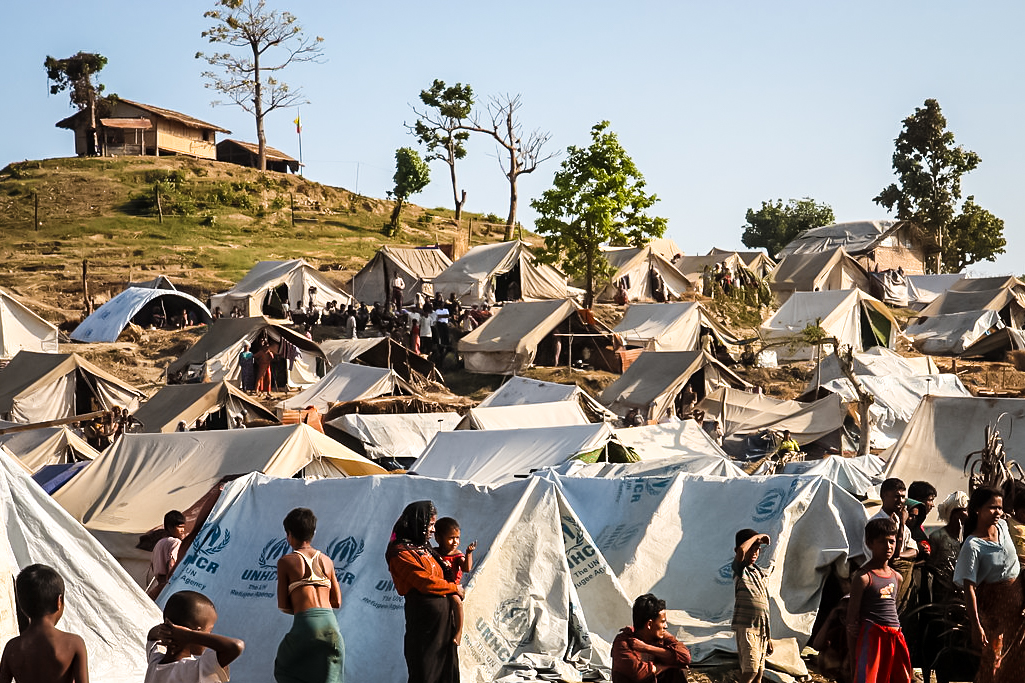Graduate Programs
We have compiled a list of graduate programs in environmental sociology and environmental studies. If your college or university offers an environmental sociology or environmental studies concentration at the graduate level, please send information on your program to the section’s webmaster, Michelle Edwards, at michelle_edwards@txstate.edu. To narrow the listing geographically, you may click on a region in the U.S. map. We currently do not have any information on environmental sociology programs in Alaska and Hawaii. Environmental Sociology Programs The following universities offer concentrations in environmental sociology at the graduate level (M.A. and/or Ph.D.). Environmental Studies programs are listed immediately following. Binghamton University Department of Sociology – Concentration in Environmental Studies Degrees offered: PhD Contact person: Fred Deyo (Director of Graduate Studies in Sociology), fdeyo@binghamton.edu http://www.binghamton.edu/sociology/ Boston College Department of Sociology Degrees offered: M.A., Ph.D Contact person: Andrew Jorgenson, Director of Graduate Studies, jorgenan@bc.edu http://www.bc.edu/schools/cas/sociology/ Brown University Department of Sociology Degrees offered: …



